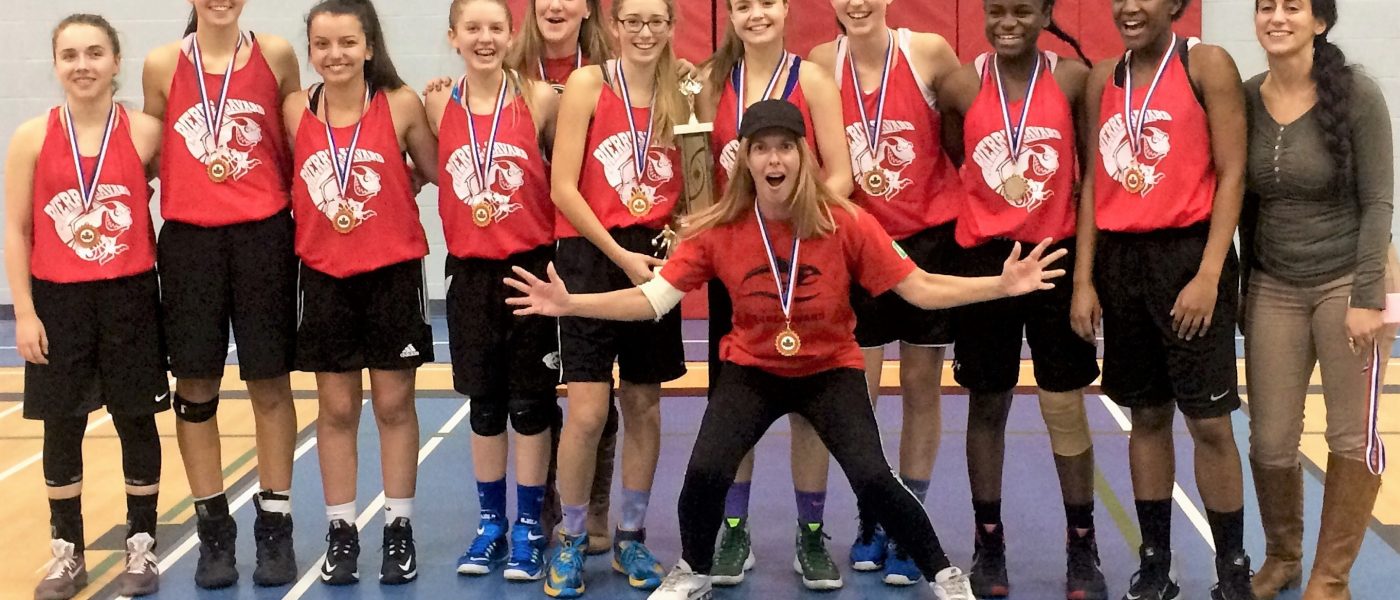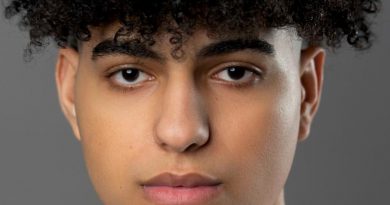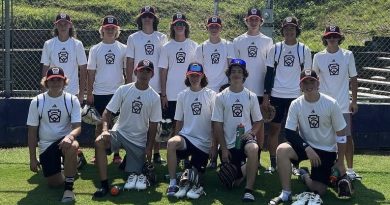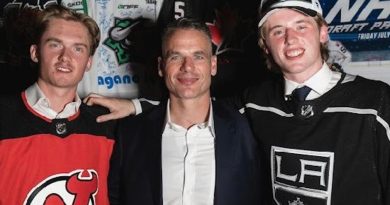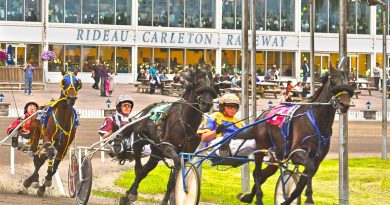Coach Daphne beat cancer every day
As we celebrate our 30th Anniversary, the Barrhaven Independent is featuring 30 people who have played a prominent role in building and shaping our community from the time we were a sleepy little suburb in 1990 to the thriving city of more than 100,000 we are now.
This week, we are featuring longtime Barrhaven basketball coach Daphne Marghetis. While battling stage four pancreatic cancer, Daphne continued to coach the Pierre-Savard girls basketball team. She was an inspiration to her team and to the community, showing everyone that the life lessons you learn through sports by far transcend the games. In the last game she would ever coach before her passing, Daphne led Pierre-Savard to the 2016-17 city senior girl’s senior championship.
By Jeff Morris
They stood, huddled together.
Usually, teenage girls would be chatting and posting selfies on Instagram.
But there were no emojis to express how they felt. They put their phones away and hugged each other, fighting back tears.
For many of them, it was the first wake they had ever attended. Six months earlier, when the girls from Ecole Secondaire Pierre-Savard won the city high school basketball championship, they knew that this day was coming. They knew that, eventually, they would have to say good bye to their coach in the most painful and heartbreaking of reunions.
For Daphne Marghetis, winning that championship in December, 2016 was important. She knew, going into the final, that it was the last game she would ever coach. She didn’t want her situation to be a distraction for the girls at the French Catholic high school that serves Barrhaven, as well as all of Rideau and Osgoode. She wanted the day to be about celebrating a victory and a great season.
“Basketball certainly took my mind off my cancer treatments,” she said in a phone call the day after the big win.
As the girls went through the season, they learned more about their coach’s battle with pancreatic cancer. Marghetis did not want it to be a rallying point.
“We didn’t really discuss it,” Marghetis said. “I wanted basketball to be an escape from cancer, not something that would make cancer become a focal point. The girls respected that and they were great.”
Like any cancer diagnosis, Marghetis was caught off guard. Then, the reality of the severity of the cancer and the battles she would face became a reality.
“I initially thought it was a problem with my gall bladder,” she said. “That’s what the symptoms showed.”
Marghetis had been coaching at Pierre-Savard for the past five years. She won championships with undefeated Grade 7 and 8 teams.
“I have coached with the Nepean Blue Devils so I knew a lot of the kids already,” she said. “It’s a great group of kids, and we had a good year. Their confidence grew as the year went on.”
As close as the team was with Marghetis, cancer was something she checked at the door, not something she brought into the gym.
“They know that I am ill but we never talked about it,” Marghetis said after the championship. “I think for me, the girls helped me and coaching them helped me. I would go there, I wouldn’t be feeling great, and I would forget. I would forget about my discomfort and my problems.”
One thing that made it easier on Marghetis on the situation was that she was not visibly ill. It allowed Marghetis to focus on basketball and not her illness.
“I don’t look sick,” she said in December. “That’s one of the things with this kind of cancer. I don’t look like a cancer patient. In my mind, I have always thought I would beat this, but it’s quite fatal. We have just gone on preparing and going to games and trying to win them.”
Marghetis kept positive and she kept fighting. Winning a championship was important for the girls. For Marghetis, the most important part of the win was that every player got to play. It’s exactly the way she would have wanted her last game as a coach to play out.
“It was important to win, but during the season, I would feel bad that some kids didn’t play,” she said. “The biggest win was that everybody got a chance to play in the final. I played competitively as a kid and we had some great wins and some horrible losses, but this one was a special win because of the fact that we went undefeated. We had a couple of bumps in the road, but they maintained their composure. The fact that they all got playing time was the most important thing.”
After the high school season, Marghetis turned her attention to helping out with and watching her daughter’s Nepean Blue Devils competitive team. Her treatments, meanwhile, intensified.
“They’re quite powerful,” she said of her cancer treatments. “Most people do it on two separate sessions, not in one day. It hasn’t spread, that’s the big worry. It’s a nightmare, but I just have to keep fighting and fighting. I have some great people supporting me. The Blue Devils have been great, and my brother Aris has been a huge support.”
As a former ESPN.com columnist, watching Daphne Marghetis coach through last season and chatting with her about basketball reminded me of former ESPN journalist Stuart Scott. I think of him every time I hear someone say, “Booyah!,” his signature phrase that he made famous.
Before losing his life to cancer in 2015, Scott delivered one of the most poignant and inspirational speeches ever given on the subject at the 2014 ESPY Awards.
“When you die, it does not mean that you lose to cancer,” Scott said. “You beat cancer by how you live, why you live, and in the manner in which you live.”
Stuart Scott said that it didn’t matter if he died. He beat cancer every day.
So, too, did Daphne Marghetis. She beat cancer every day she was with us, and she beat it for her family and her daughter’s friends that she coached.

